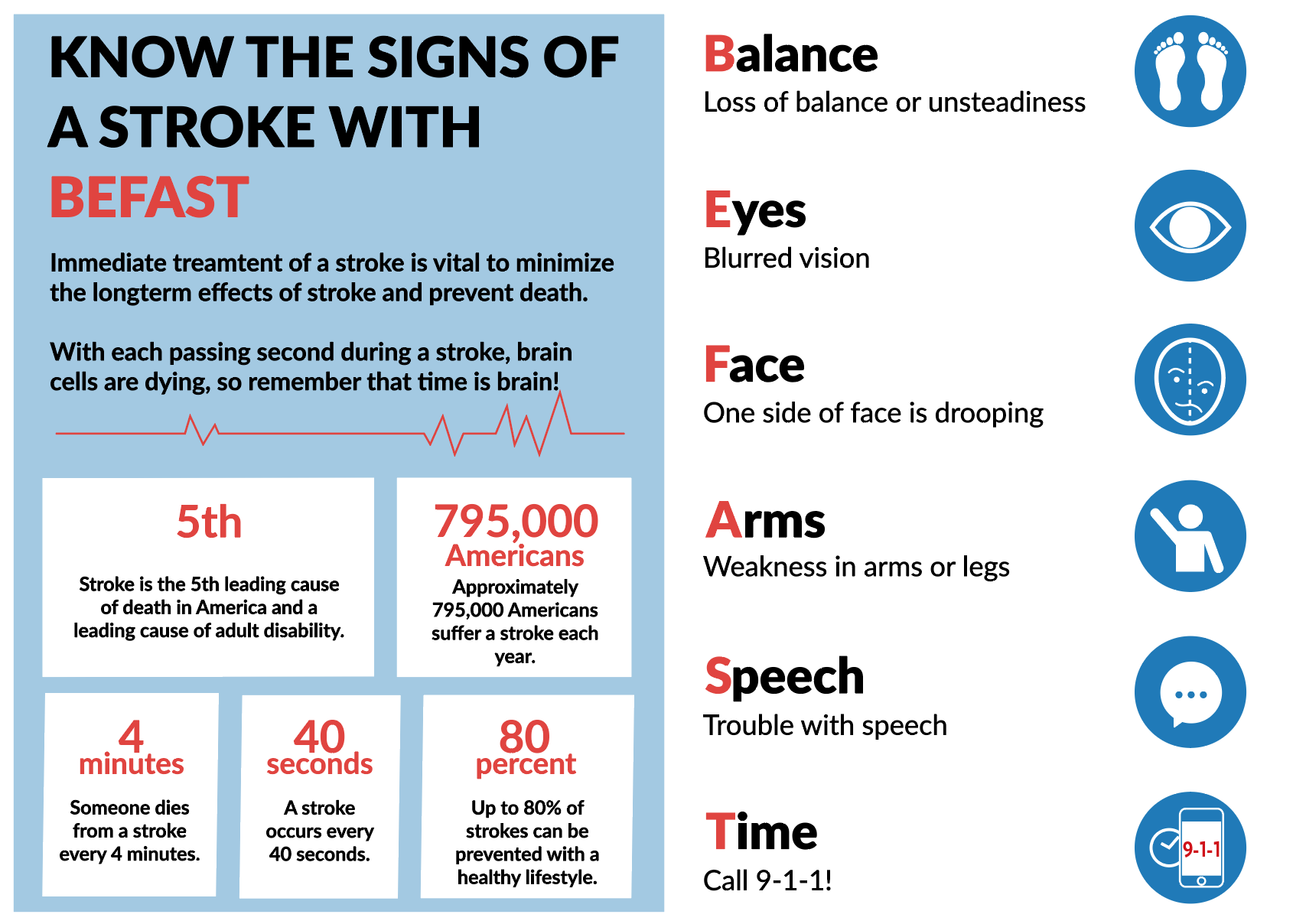World Stroke Day is October 29
Share this video with friends and family - it could save a life!
Learn MoreAt the Institute for Stroke and Cerebrovascular Diseases, we understand that a stroke is a life-altering event, not just for survivors, but also for their devoted caregivers, family, and friends. We want you to know that you are not alone on this journey.
In this space, we have gathered a wealth of resources, carefully curated to guide you through the difficult and often confusing aftermath of a stroke. Whether you are a survivor seeking valuable insights on your road to recovery, a caregiver in need of guidance, or a concerned friend or family member looking to raise awareness about this critical issue, our page is designed with your needs in mind.
Stay Updated with the latest stroke-related news by:
Together, we can make a difference in the lives of stroke survivors, showing them that hope, understanding, and a strong support network are only a click away.
Our brain is in charge of most things in our body, including our thoughts, feelings, and behaviors. When someone experiences a stroke, it can affect parts of the brain that control our mood and behavior so that they no longer work as they used to before the stroke. That is why those who have had a stroke often struggle with common mental health problems, such as anxiety, depression, and social isolation, during and after their recovery. In general, we call these concerns Post-Stroke Psychosocial Stress.
Post-stroke, when patients do not get treatment for post-stroke psychosocial stress, it can take longer for them to feel better during their recovery. This can have a negative effect on survivors’ quality of life as well, which in turn can worsen the post-stroke psychosocial stress. Add to this the fact that when these patients discharge directly home from the hospital without additional supportive services they are only able to receive care from family members, spouses, and loved ones, whom we call informal caregivers. Because informal caregivers usually don’t have any medical training, they can feel overwhelmed and develop caregiver burden and psychosocial stress. Increased caregiver burden can affect the informal caregiver’s ability to help those who have had a stroke through their recovery. This means that both the patient and their informal caregiver’s psychosocial stress can increase, which can also make recovery more difficult.
Fortunately, there are helpful therapies and supports for those who have had a stroke and their informal caregivers. Receiving these kinds of supports can improve the post-stroke recovery process and quality of care for their loved ones by reducing post-stroke psychosocial stress.
The Mental Health Program focuses on developing behavioral interventions, supports, and therapies for this crucial post-stroke period. We are interested in learning about how the interventions can improve post-stroke psychosocial stress so that we can improve the education and support services for those who have had a stroke and their informal caregivers in our communities.
To learn more visit our Mental Health program page HERE
UTHealth's Community Engagement Division offers general information, educational materials, and resources about stroke and brain health.
Stroke kills about twice as many women as breast cancer each year. In fact, stroke is the third leading cause of death for women. Stroke also kills more women than men each year. A stroke can leave you permanently disabled. But many strokes are preventable and treatable. Every woman can take steps to prevent stroke by knowing her risk factors and making healthy changes. Here are some key factors to consider:
It's important to consider these unique stroke risk factors for women in prevention strategies, diagnosis, and treatment plans to improve overall stroke awareness and outcomes.
Learn more at https://www.uth.edu/stroke-institute/programs/women-and-stroke

Share this video with friends and family - it could save a life!
Learn More